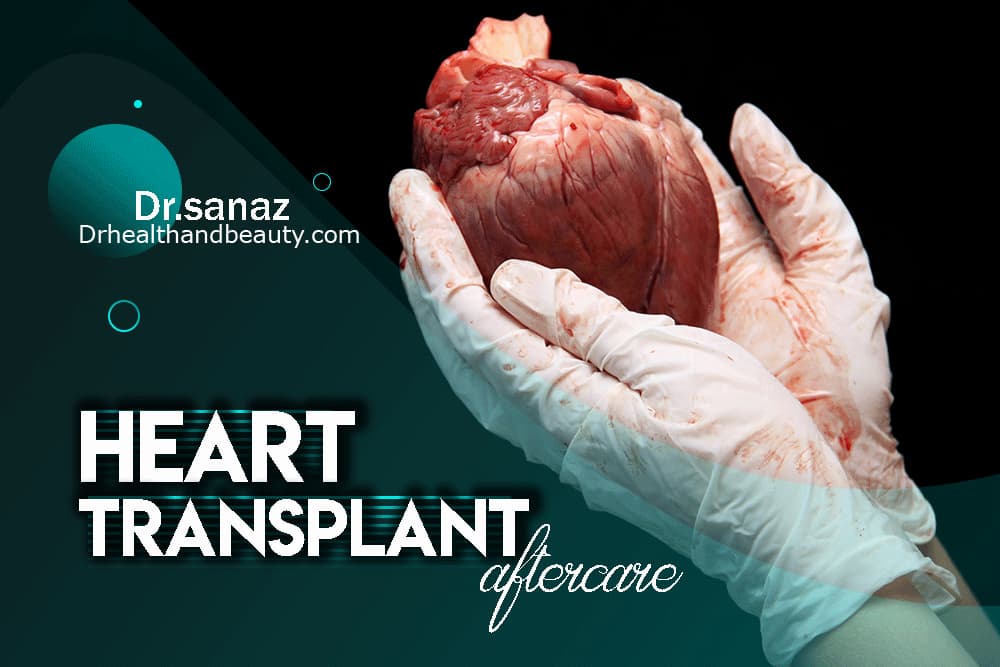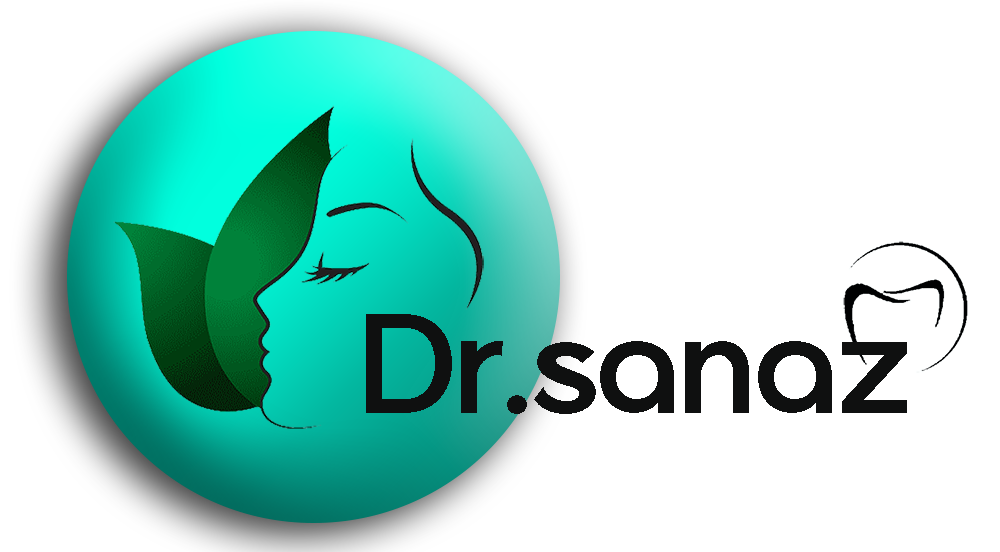

What Is A Sign Of Worsening Heart Failure? Delay=Death
Table of Contents
Congestive heart failure is one of the most common causes of illness and referral of people over 65 to hospitals. Although this disease takes years to develop, have you ever noticed its symptoms or realized the importance of recognizing the danger signs of this disease?
Do you know you may have serious life-threatening risks if you do not recognize these symptoms in time?
In this very important article from “drhealthandbeauty”, we have explained the stages of congestive heart failure and their symptoms to help you diagnose it on time and, as a result, treat it.
Symptoms of congestive heart failure
Congestive heart failure always occurs with symptoms, some of the most common of which are mentioned below.
The severity of these symptoms can be various depending on the progress of the disease, the patient’s age and physical condition, as well as the function of the heart in pumping blood in different people:
- Symptoms caused by overload and fluid congestion
- Symptoms caused by reduced heart pumping
- Symptoms caused by cardiac arrhythmia
Symptoms caused by overload and fluid congestion
Fluid accumulation in the body and lung congestion are usually among the most important causes of symptoms in patients with congestive heart failure.
When blood pumping by the heart is disturbed, the body tries to increase the volume of blood and body fluids by locking in water and salt to compensate for this decrease in contractile strength. This retention of water and salt in the body leads to several symptoms:
Weight Gain
The body’s retention of water and salt due to congestive heart failure causes the patient’s weight to increase significantly.
This is why doctors usually ask patients with congestive heart failure to check their weight daily and report any unusual weight gain.
Unreasonable and sudden weight gain in patients with congestive heart failure can signal a lack of control of the failure and the need to adjust medications or diet.
swelling
Usually, when fluids become trapped in the body, they accumulate in the lower body, in the legs and ankles.
This fluid accumulation causes severe and often painful swelling of the feet and ankles in patients.
To find out if the swelling is due to congestive heart failure or not, pay attention to the following:
- Bilateral swelling
- Remaining fingerprints after touching the swollen part
- Bulging veins and varicose veins
.
If the heart failure is severe, fluids can accumulate in the abdominal cavity, mostly caused by failure on the right side of the heart and called “ascites”.
Lung congestion
When congestive heart failure occurs, the accumulation of salt and fluid increases the pressure in the heart chambers.
Since the blood pressure inside these cavities is high, it causes some of the fluid to return and collect in the lungs, and lung congestion occurs.
dyspnea shortness of breath
Shortness of breath is the most common symptom in patients with congestive heart failure.
Accumulation of fluids in the lung causes the lung cavities to be blocked, and the movement of gases such as oxygen in the lung is difficult.
People with congestive heart failure usually don’t have any special breathing problems, but they experience shortness of breath immediately after physical activity or exercise.
This type of shortness of breath is called dyspnea.
If the failure progresses, these symptoms of shortness of breath, reduced lungs, and extreme fatigue may occur even in a normal state and at rest.
Dry cough is also one of the other symptoms observed with shortness of breath in heart failure patients.
Orthopnea: shortness of breath
Orthopnea shortness of breath is when the patient experiences it while lying down and resting.
In this case, the patient is better or at least has fewer symptoms while sitting or standing, but as soon as he lies down, he experiences severe symptoms of shortness of breath.
If you cannot sleep without using lots of pillows and you are short of breath, you should consult a good cardiologist.
Nocturnal paroxysmal shortness of breath
Nevertheless, another type of shortness of breath caused by congestive heart failure is paroxysmal nocturnal dyspnea. People with paroxysmal nocturnal dyspnea usually wake up at night and feel suffocated and short of breath.
This shortness of breath may last for a few minutes to half an hour and then disappear on its own.
Obstructive shortness of breath
Bendopnea is another type of dyspnea in patients with congestive heart failure that occurs when bending over.
.
Acute pulmonary edema
However, the last symptom of pulmonary congestion in patients with congestive heart failure is pulmonary edema, caused by the rapid and sudden accumulation of fluids. When the disease progresses rapidly, fluid accumulation in the lung increases and reduces its breathing capacity.
Lung swelling is one of the most severe symptoms of congestive heart failure, which requires hospitalization in the intensive care unit and injection of special drugs.
Symptoms caused by reduced heart pumping
The heart is responsible for pumping blood to different parts of the body to keep the organs and body alive. When this blood pumping is disturbed and reduced, the organs and organs suffer from anemia.
Anemia in the organs also causes the following factors:
- Feeling weak and tired
- Muscle analysis
- Perceptible and abnormal weight loss
- extreme lethargy
.
Symptoms caused by cardiac arrhythmia
Cardiac arrhythmia means abnormal heart rhythm. The symptoms that patients with congestive heart failure due to cardiac arrhythmia show are:
- heartbeat
- Irregular heartbeat
- Feeling lightheaded and dizzy
- Loss of consciousness
what is a sign of worsening heart failure?
Although all the known symptoms of congestive heart failure play a very important role in the timely diagnosis and management of symptoms, there are some symptoms that you should act faster when you see them, and failure to act can lead to irreparable risks such as death, which are:
- If you have severe shortness of breath and can hardly breathe.
- If the leg, ankle, or foot itself is swollen and you feel that fluid has accumulated in them
- The color of the skin of your lips or the bed of your nails has suddenly changed to blue or gray. cyanosis
- You get so tired that no amount of rest will improve your fatigue.
- You feel pain or pressure in your chest, and this pain becomes more intense when you lie down.
- If you feel dizzy or faint or feel lightheaded
- You cough heavily or hear constant wheezing when you breathe
- If your heartbeat is very fast and irregular (arrhythmia)
Can heart failure worsen suddenly?
Yes, heart failure can get worse suddenly, which is called exacerbation of heart failure, to the point where you have no idea what caused it, but factors such as:
- dehydration
- infection
- excessive alcohol or drug use
- exercise or weather
- Moreover, changes in Diet can aggravate heart failure.
Conclusion
Do you think you would know if something was wrong with your heart? Although the basic information in this comprehensive article provides a very accurate view, you should know that not all heart problems are accompanied by clear warning signs.
It is not always the intense chest pain that makes you fall to the ground like you see in the movies. Some symptoms of heart problems do not even occur in the chest. Therefore, it can be challenging for a cardiologist to diagnose.
So, you must see a specialist doctor as soon as possible when you see any of the symptoms discussed in this article for timely diagnosis and action.

